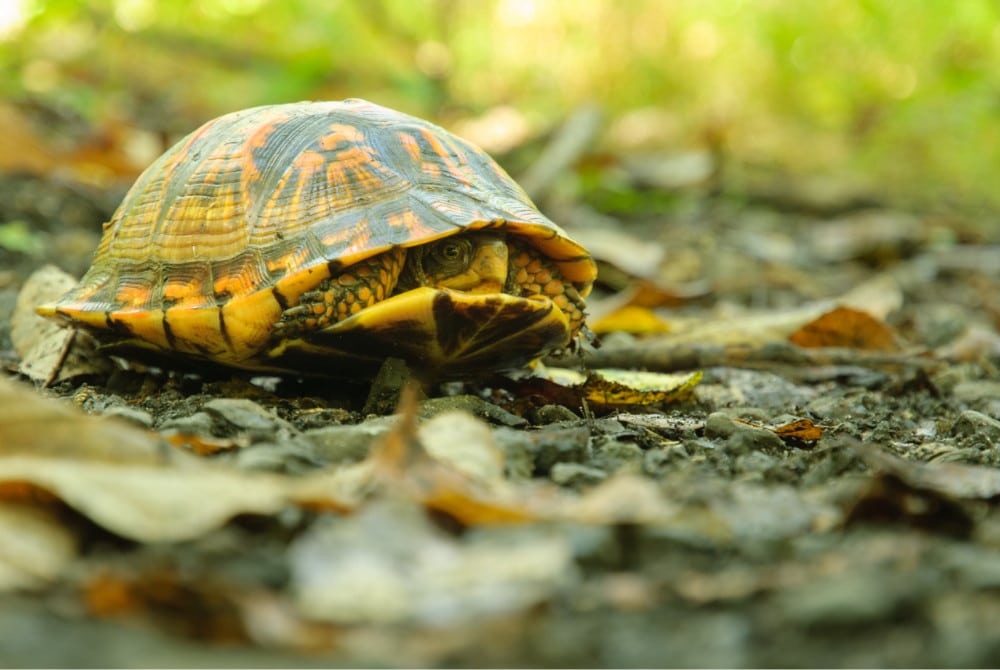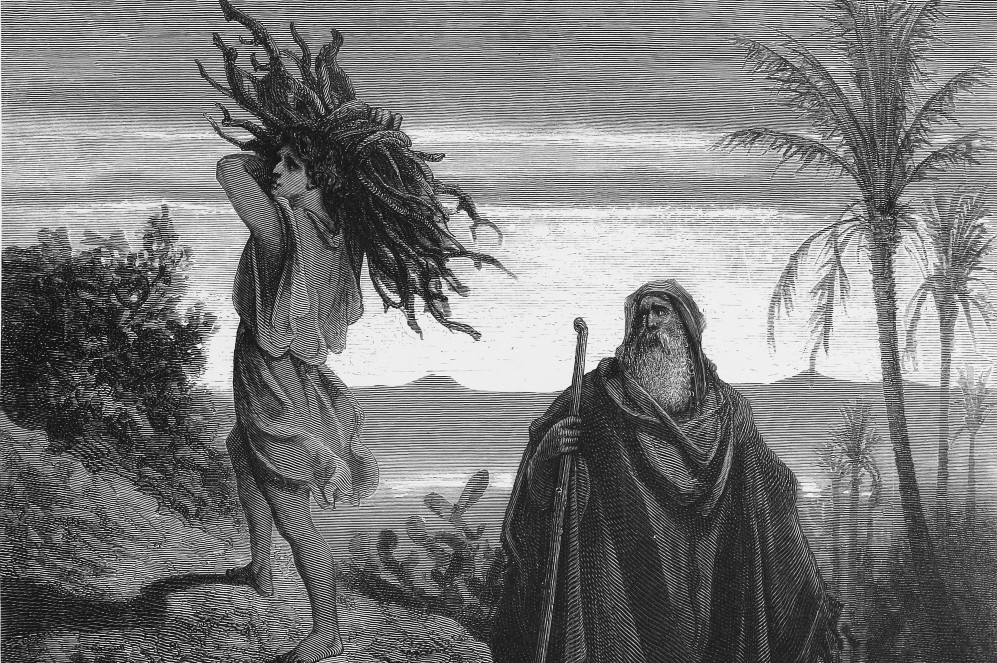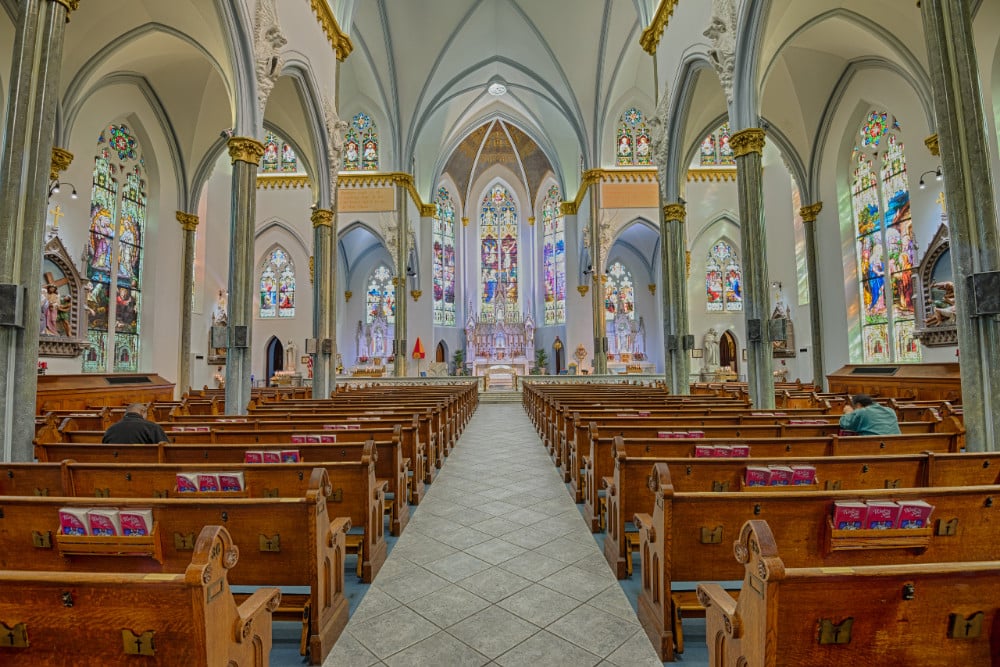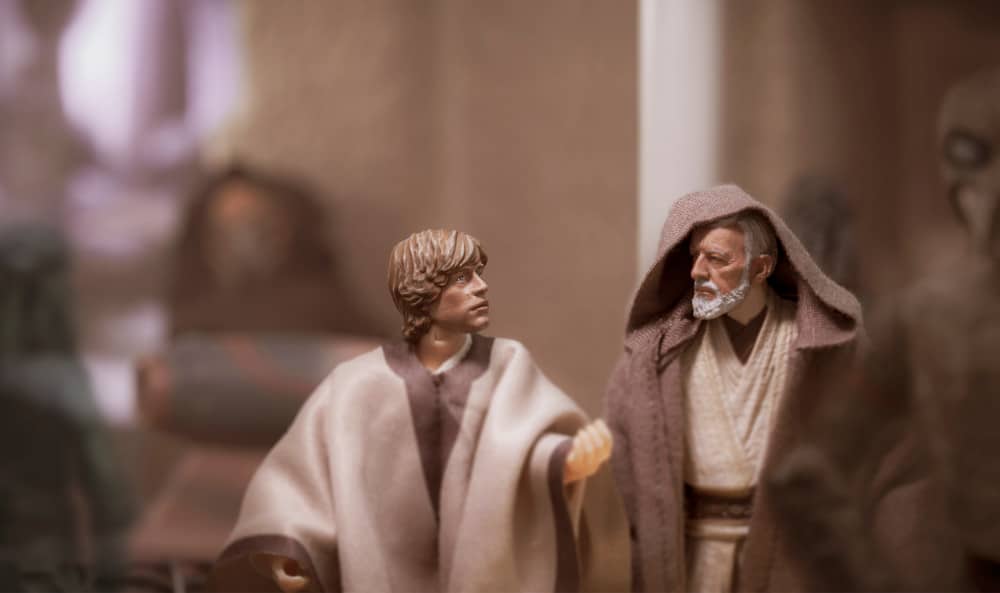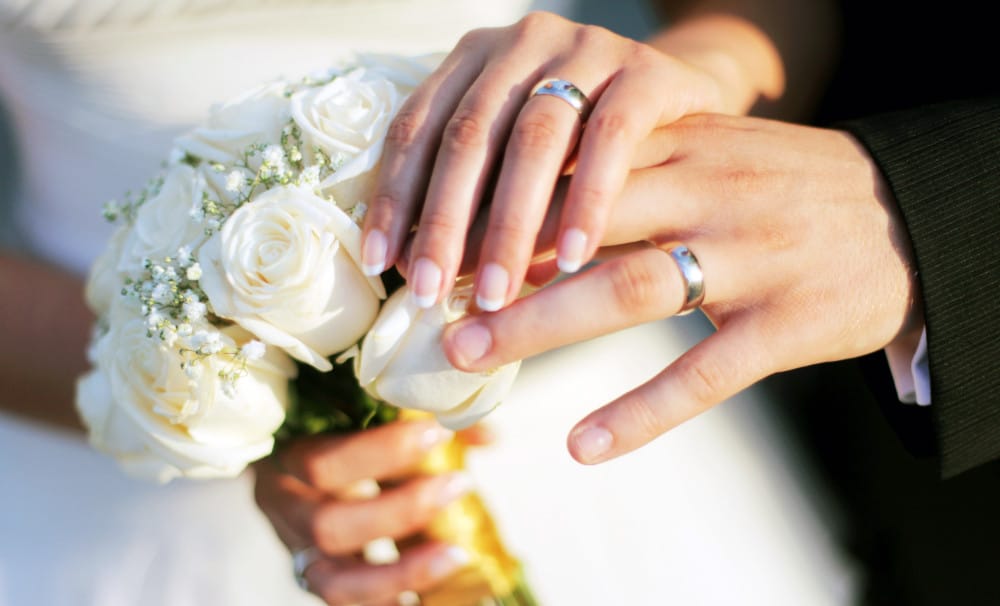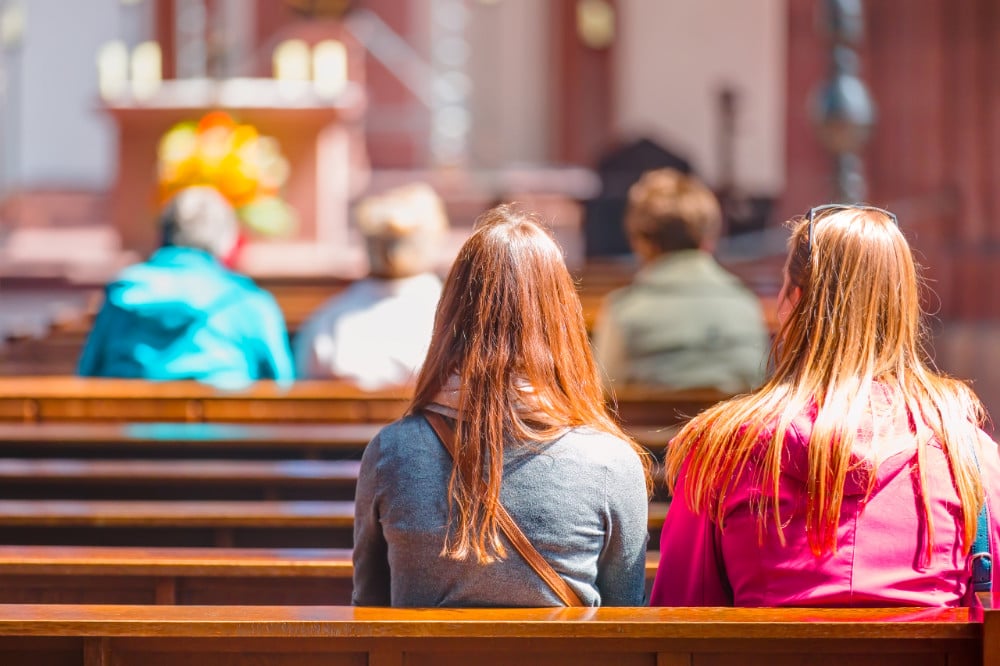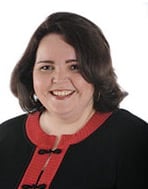 I was at a conference in Rome on religious liberty many years ago now. Mary Ann Glendon, the Harvard professor and former ambassador to the Holy See, was one of the speakers. She talked about how Catholics in the United States had, generally speaking, been chameleons or turtles. We tend to either want to blend into the culture and do what everyone else is doing or hide in our shells and hope not to be noticed or have attention called to us. So we may go to Mass on Sunday, but don’t ask me to go against the grain or speak out.
I was at a conference in Rome on religious liberty many years ago now. Mary Ann Glendon, the Harvard professor and former ambassador to the Holy See, was one of the speakers. She talked about how Catholics in the United States had, generally speaking, been chameleons or turtles. We tend to either want to blend into the culture and do what everyone else is doing or hide in our shells and hope not to be noticed or have attention called to us. So we may go to Mass on Sunday, but don’t ask me to go against the grain or speak out.
I remember, around the same time, a non-Catholic colleague asking me why Catholics weren’t marching on Washington against the Obama administration mandate that brought the Little Sisters of the Poor to, ultimately, the Supreme Court. Chameleons and turtles seems an apt explanation.
That mandate, too, had to do with contraception and abortion-inducing drugs. That adds another layer of complication. We don’t want to talk about that. We’re compromising on that. The end of Roe v. Wade and even the pope’s visit to Canada has me thinking a lot about that — and the fact that we Catholics owe our fellow Americans an apology. Like Pope Francis in Canada asking forgiveness of the Indigenous people who had evils perpetrated against them by the Church, we have done our fellow citizens wrong. Unlike Canada, there wouldn’t be a universal agreement that we had done wrong here, but we have.
I went to the Catholic University of America, the one university chartered by the U.S. Catholic bishops. And famously, there was dissent there in response to Pope Paul VI’s prophetic Humanae Vitae. In his 1968 encyclical, the Holy Father warned us that artificial contraception would forever alter the relationships between men and women. Today we see girls believing sex is what you do with boys. So steeped in pornography, boys pounce in the most inhumane ways. Of course, add to the mix the widespread availability of abortion pills — despite the media outrage at the fall of Roe, abortion pills are the most frequent means of abortion in America today.
And it was the end of June when Roe ended. What more are you doing to prevent pregnant girls and women from having to choose abortion? I need to ask that question of myself. It’s a post-Roe examen I’m not sure we’ve added to our days. I was at a major city’s cathedral recently on a Sunday and there was no petition about women and children and families. There was no prayer for an end to abortion. And this was in a city that is now an abortion destination.
I recently interviewed Abby Johnson, the former Texas Planned Parenthood director who wrote her conversion story in the book (turned movie) “Unplanned” (Tyndale Momentum, $23.95). She lives in Texas and is concerned that because there are some protections in the law there for many of the unborn, pro-life people will become complacent, thinking our work is done.
There is so much more work to be done in reaching individual women and girls even there. In my state, New York, one of those abortion destinations — known as the abortion capital of the country even before the Supreme Court’s decision in the Mississippi Dobbs case — I’m pretty sure what I’m witnessing is people who are simply used to abortion as our reality. That can’t be. We have to be bolder and more creative. We have to be courageous. Believe me, I know it can be awkward and uncomfortable. But read Jesus in the Gospels and look to him on the cross. There was no limit to his love. We have to be willing to die for truth.
Martyrs are not a thing of the past. They live and die in our world today. I was just reading about another Nigerian priest killed. A man gets ordained in certain parts of the world knowing that may be the case. I know a priest here who is quite obviously ready for the same. Are we there yet? Have you been paying attention to the churches and pro-life resource centers that have been attacked lately? We are called to a deeper love and courage. Revisit Pentecost. God has given us the gifts we need.
Kathryn Jean Lopez is a senior fellow at the National Review Institute and editor-at-large of National Review.

